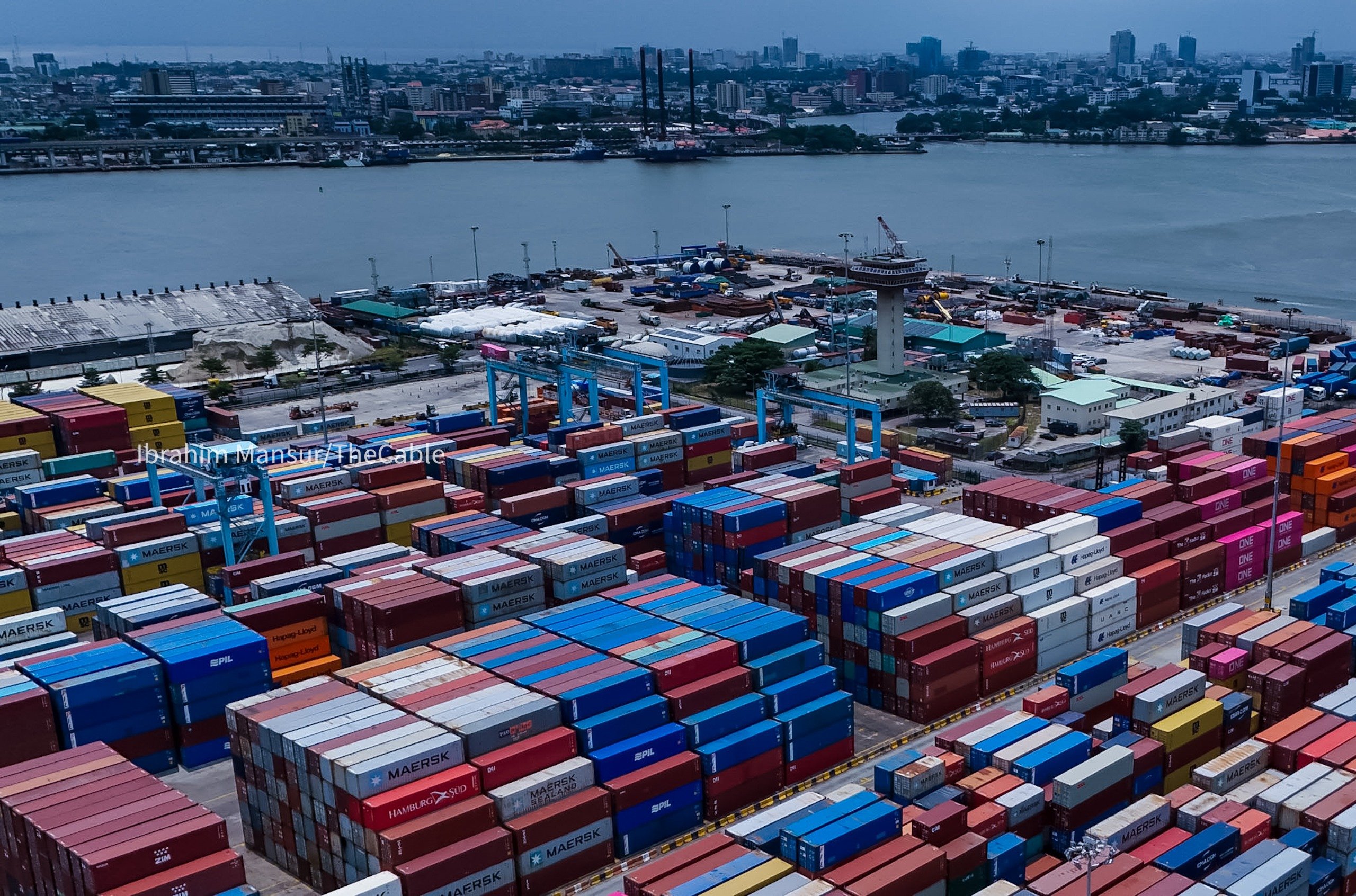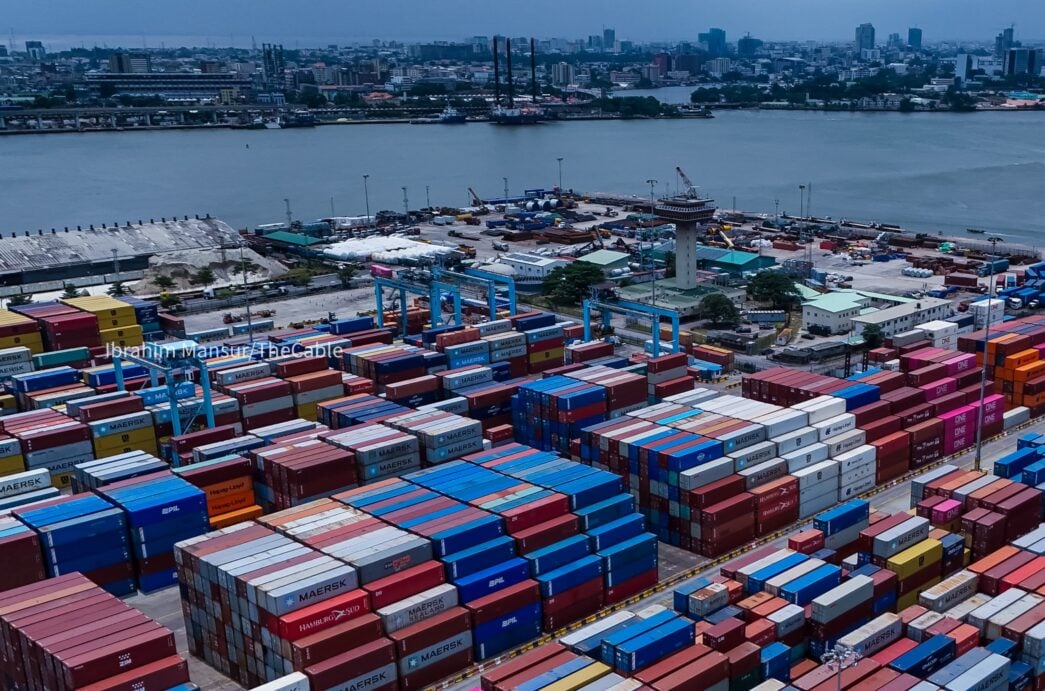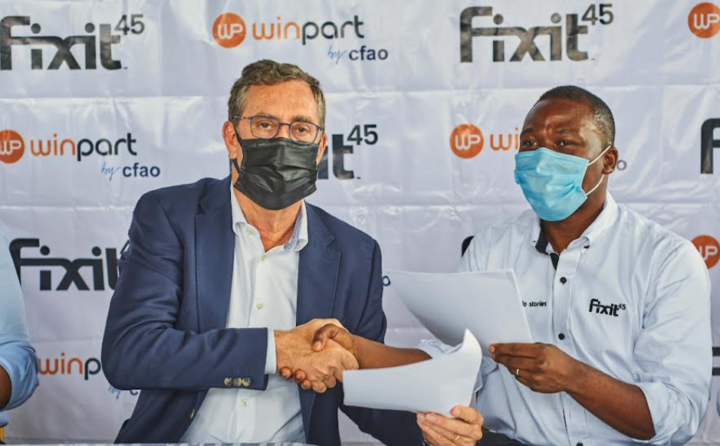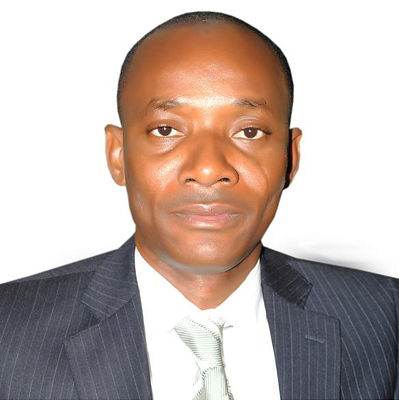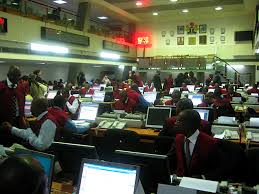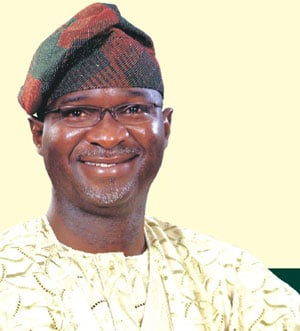Peter Obi, former presidential candidate of the Labour Party (LP), says Nigeria’s maritime development remains unfairly concentrated in Lagos.
On Wednesday, Adegboyega Oyetola, the minister of marine and blue economy, said the federal government has approved $1 billion for the modernisation of the Apapa and TinCan Island seaports in Lagos.
Oyetola spoke while declaring open the 2025 annual conference of the Chartered Institute of Logistics and Transport (CILT), themed ‘Enhancing Logistics and Transport for Sustainable Blue Economy in Nigeria,’ in Lagos.
In a statement on Friday via X, Obi said while the federal government’s approval of $1 billion for the modernisation of the Apapa and TinCan Island Ports was commendable, such projects must be guided by accountability, transparency, and fairness.
Advertisement
‘PRIORITISATION OF LAGOS PORTS OVER OTHER STATES AFFECTING JOB CREATION’
Obi said the latest initiative again highlights the longstanding neglect of other major ports across the country.
“Our infrastructure investment remains excessively concentrated in Lagos, often at the expense of strategic ports like Warri, Port Harcourt, Calabar, and Onne,” Obi said.
Advertisement
The former Anambra state governor said the underdevelopment of the ports outside Lagos has limited productivity, job creation, and trade opportunities that could lift millions out of poverty.
He compared Nigeria’s approach with countries that have decentralised port operations for inclusive growth.
“Vietnam operates over 300 ports across different regions, Indonesia has about 111 commercial ports, and South Africa runs eight major seaports from Durban to Cape Town,” he said.
“Even Ghana, with only two main ports — Tema and Takoradi — ensured they are located on opposite ends of the coastline.”
Advertisement
Obi said no nation aiming to maximise its blue economy would centralise maritime activities in a single city.
“Decentralisation improves logistics, enhances security, reduces congestion, and promotes balanced economic growth,” he said.
He added that over 70 percent of Nigeria’s port operations still take place in Lagos, causing congestion, high demurrage, and delays that inflate the cost of goods nationwide.
“Developing ports in Warri, Port Harcourt, Calabar, and Onne is not just an infrastructural need but a national imperative,” he said.
Advertisement
Obi said revitalising the ports outside Lagos would ease pressure on the city, attract investments, create jobs, and stimulate regional economies.
He also called for reforms to tackle corruption, reduce bureaucracy, and adopt technology to enhance efficiency.
Advertisement
“A truly national blue economy must carry every region along and create a seamless, paperless system that enhances turnaround time and global competitiveness,” he said.
Obi said the Lagos modernisation project could serve as a model for wider maritime transformation if managed with prudence and integrity.
Advertisement
He urged the federal government to approach development with fairness and equity.
Obi said now more than ever, Nigeria must rebuild with integrity and a clear vision to move from consumption to production and shared prosperity.
Advertisement
